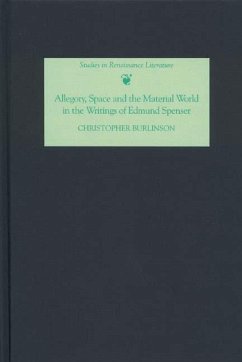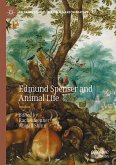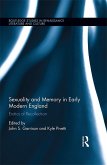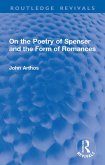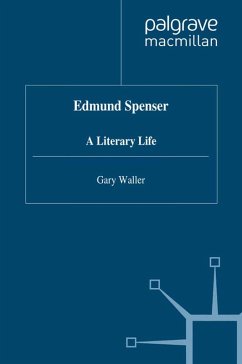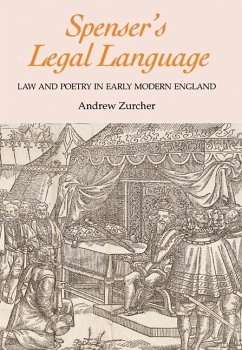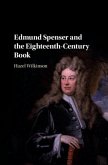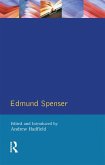An examination of the way in which the material world is depicted in The Faerie Queene.
This book provides a radical reassessment of Spenserian allegory, in particular of The Faerie Queene, in the light of contemporary historical and theoretical interests in space and material culture. It explores the ambiguous and fluctuating attention to materiality, objects, and substance in the poetics of The Faerie Queene, and discusses the way that Spenser's creation of allegorical meaning makes use of this materiality, and transforms it.It suggests further that a critical engagement with materiality (which has been so important to the recent study of early modern drama) must come, in the case of allegorical narrative, through a study of narrative and physical space, and in this context it goes on to provide a reading of the spatial dimensions of the poem - quests and battles, forests, castles and hovels - and the spatial characteristics of Spenser's other writings. The book reaffirms theneed to place Spenser in his historical contexts - philosophical and scientific, military and architectural - in early modern England, Ireland and Europe, but also provides a critical reassessment of this literary historicism.
Dr CHRISTOPHER BURLINSON is a Research Fellow in English at Emmanuel College, Cambridge.
This book provides a radical reassessment of Spenserian allegory, in particular of The Faerie Queene, in the light of contemporary historical and theoretical interests in space and material culture. It explores the ambiguous and fluctuating attention to materiality, objects, and substance in the poetics of The Faerie Queene, and discusses the way that Spenser's creation of allegorical meaning makes use of this materiality, and transforms it.It suggests further that a critical engagement with materiality (which has been so important to the recent study of early modern drama) must come, in the case of allegorical narrative, through a study of narrative and physical space, and in this context it goes on to provide a reading of the spatial dimensions of the poem - quests and battles, forests, castles and hovels - and the spatial characteristics of Spenser's other writings. The book reaffirms theneed to place Spenser in his historical contexts - philosophical and scientific, military and architectural - in early modern England, Ireland and Europe, but also provides a critical reassessment of this literary historicism.
Dr CHRISTOPHER BURLINSON is a Research Fellow in English at Emmanuel College, Cambridge.
Dieser Download kann aus rechtlichen Gründen nur mit Rechnungsadresse in A, D ausgeliefert werden.

